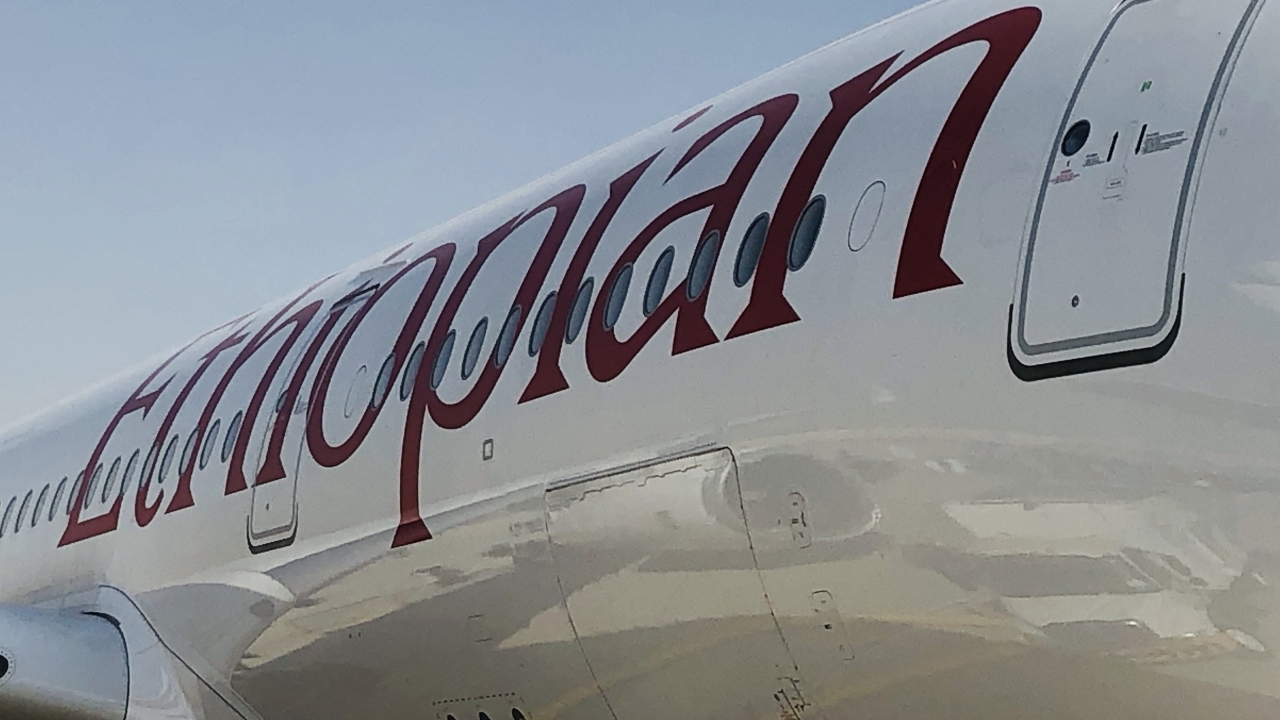Every woman can be a high flyer
Captain Alia Twal had a simple message to pass to the Aviation Africa audience: If you are female, want to be a pilot and have the determination, nothing should stop you.

Like most little girls, Alia Twal had big dreams when it came to a career.
She wanted to be either an animal tamer in the circus or an astronaut.
However, these dreams changed as a teenager after she attended a school careers day.
“There were pilots at the event giving a talk and I asked if there were any female pilots. I was surprised to hear that there were,” said Twal.
“Growing up in Jordan, I had never heard of female pilots – even though Jordan is one of the pioneers of flying. It was a life-changing moment for me as I decided there and then that that was exactly what I wanted to do.”
After speaking with her parents, both doctors, about her new ambition, it was a resounding “no”.
“The problem was I was female and, not only that, a female growing up in the Middle East,” explained Twal. “My parents expected me to become a doctor – not something that was ‘unusual’ in their eyes.
“In the Middle East, there are a lot of barriers for women; the cultural barriers, the lack of information we get, and the taboo of females doing anything that men tended to do.”
Twal finished school and won a scholarship but stayed at home for a year before convincing her grandfather she wanted to train as a pilot.
“Eventually, my parents were convinced by my grandfather for me to join the aviation industry,” said Twal. “I studied at the academy, where I was one of four females, and I finished after two years with a commercial instrument rated pilot’s licence – but I was in love with single engines so I stayed a little longer and became a flight instructor. At age 24, I was the youngest female pilot in the Middle East.”
Twal was a flight instructor for three years before accepting a job with Jordanian Airlines as a first officer on an A320. She then moved to an A330, and is now back on the A320 with more than 6,000 flying hours.
“My parents are now very proud,” said Twal. “When they first saw me in my uniform they cried and I even inspired my younger brother to become a pilot too.”
After Twal qualified, she felt she had a duty to spread the word that women can become pilots.
“Nowadays, it is very expensive to be a pilot and a job at the end is not guaranteed,” said Twal. “We need to bring in more career days exposing pilots; airlines need to encourage more female pilots – as well as support them if they want children. You can still fly and have a family!
“We also need to educate parents of potential female pilots, particularly in the Middle East, and say it is not unusual and your daughter can fulfil her dream. This is a daily challenge on which we all need to work together.”
Twal is now the governor of the Arabian section of female pilots’ networking group, the 99s – the international organisation of women pilots that promotes advancement of aviation through education, scholarships and mutual support. It was set up by 99 female pilots in 1929, with its first president being Amelia Earhart.
“In the Middle East, we have 120 people in the 99s and we are looking to increase figures all the time” said Twal. “[Flight Training Organisation]Airways Aviation recently launched and awarded a joint scholarship programme with the Arabian 99s that allows us to jointly screen, and sponsor, female student pilots – which is wonderful.”
There are still challenges, though, for women to become pilots and Twal is passionate to help change these.
“Flying is very important for tourism and many people think of pilots as heroes and presume they are men,” said Twal. “We need people to understand a female pilot is normal; we do the same job, the same training, the same number of flying hours, and we also get the same pay here in the Middle East.
“When you watched the film Top Gun, how many men and women wanted to be fighter pilots? Nearly everyone! So why shouldn’t a woman be able to do that? Women can be pilot heroes too.”
Stay up to date
Subscribe to the free Times Aerospace newsletter and receive the latest content every week. We'll never share your email address.

